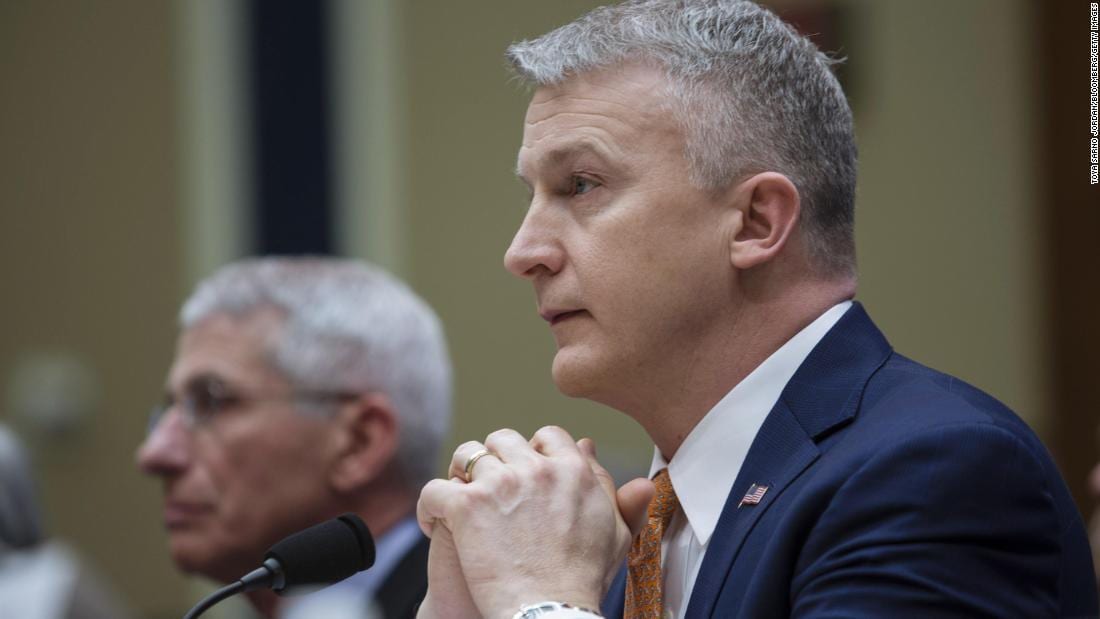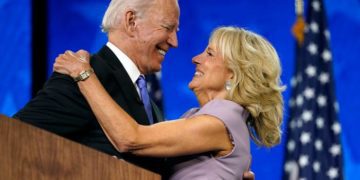[ad_1]
Bright had led the Biomedical Advanced Research and Development Authority since 2016 when he was reassigned last month to a narrower position at the National Institutes of Health.
In his whistleblower complaint, Bright says he raised concerns about US preparedness for coronavirus starting in January but was met with “indifference which then developed into hostility” by leaders at the Department of Health and Human Services.
HHS did not immediately respond to a CNN request for comment.
His attorneys argue that Bright’s removal from his post amounts to a violation of the Whistleblower Protection Act, claiming that Bright “has engaged in numerous instances of protected activity.”
In the complaint, he says he is seeking reinstatement as BARDA’s director and asking for a full investigation.
Bright claims leaders at the agency were surprised by his concerns and responded slowly to the outbreak.
He alleges old disputes with HHS leadership were exacerbated by clashes over the coronavirus and that he was eventually excluded from participating in meetings about the virus.
“Dr. Bright pressed for urgent access to funding, personnel and clinical specimens, including viruses, which he emphasized were all critically necessary to begin development of lifesaving medicines needed in the likely event that the virus spread outside of Southeast Asia,” the complaint reads. “Secretary Azar and Dr. Kadlec responded with surprise at Dr. Bright’s dire predictions and urgency.”
Later, Bright claims he was cut out of critical meetings for raising early alarm about the virus.
“It was obvious that Dr. Bright’s persistent demands for urgent action to respond to the pandemic had caused a ‘shit storm’ and a ‘commotion’ and were unwelcome in the office of the HHS Secretary,” the complaint reads. “As a result, HHS leadership excluded Dr. Bright and BARDA from these recurring meetings and from the critical discussions about addressing the COVID-19 pandemic.”


















